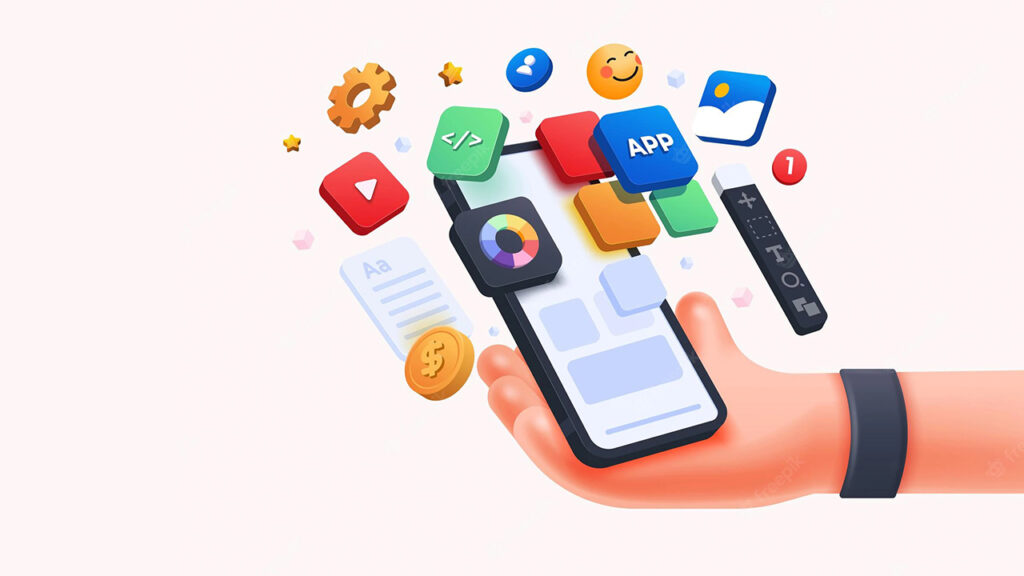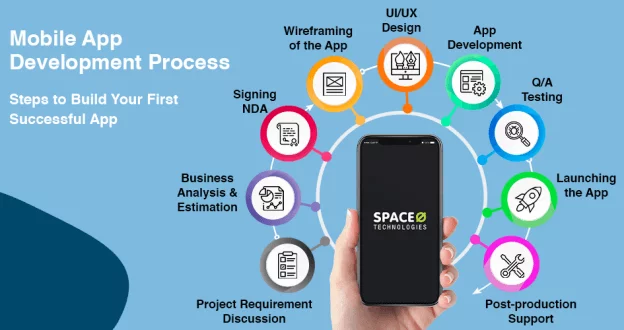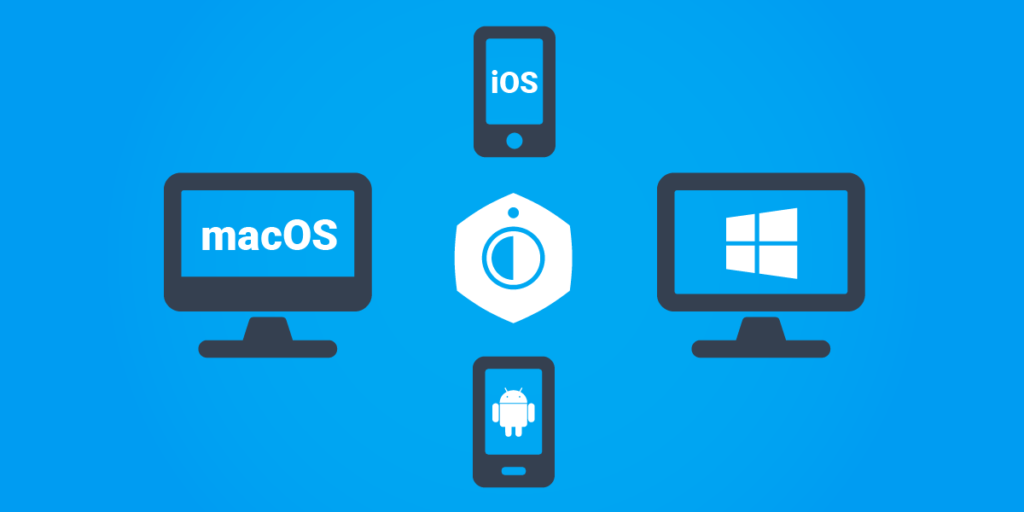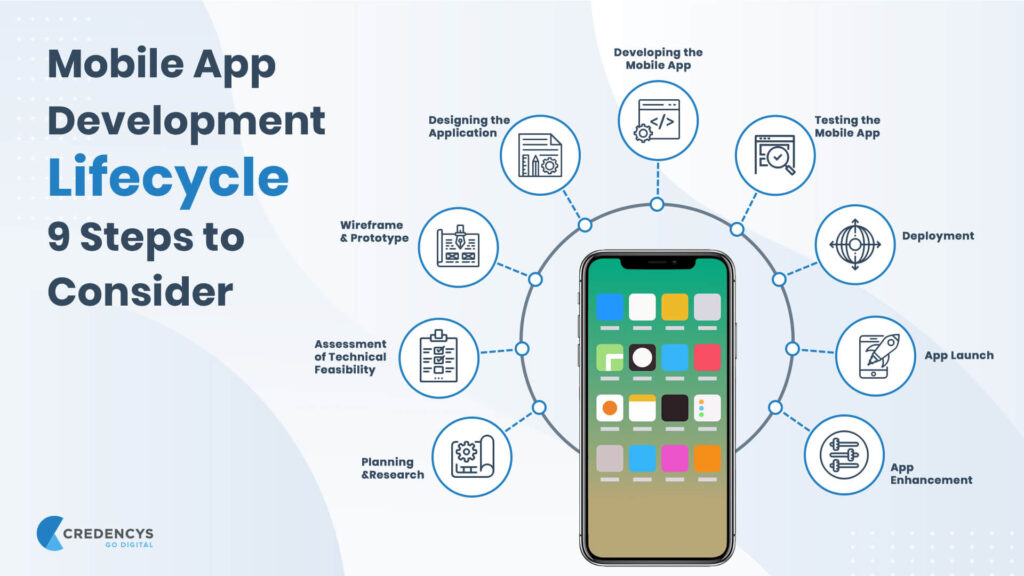Introduction
Entering the dynamic realm of mobile app development opens doors to endless possibilities. This guide serves as your compass, navigating through the fundamentals of app creation with a keen focus on the two giants: iOS and Android. Let’s embark on a journey where creativity meets functionality, and innovation knows no bounds.

I. Understanding Mobile App Development
Defining Mobile App Development
Mobile app development involves creating software applications specifically designed to run on mobile devices. It encompasses a wide range of technologies and tools to deliver seamless user experiences.
Importance of Mobile Apps
Highlighting the significance of mobile apps in today’s digital landscape. From enhancing user engagement to providing valuable services, mobile apps have become integral to our daily lives.

II. Platforms in Focus: iOS and Android
iOS App Development
Introduction to iOS
Providing an overview of the iOS ecosystem, emphasizing its closed nature and the benefits it brings in terms of security and user experience.
Swift Programming Language
Delving into Swift, Apple’s programming language for iOS development. Discussing its syntax, readability, and the advantages it offers to developers.
Xcode IDE
Exploring Xcode, the integrated development environment for iOS app development. Understanding its features and how it facilitates the entire development lifecycle.

Android App Development
Introduction to Android
Shedding light on the open-source nature of the Android platform and its widespread adoption across various devices.
Java and Kotlin Languages
Comparing Java and Kotlin, the two primary languages for Android development. Highlighting the evolution from Java to the more concise and expressive Kotlin.
Android Studio IDE
Unveiling Android Studio, the official IDE for Android development. Exploring its functionalities, including the Android Emulator and debugging tools.
III. The Mobile App Development Lifecycle

Planning and Ideation
Guiding developers through the initial phase of app development. Emphasizing the importance of thorough planning, market research, and defining the app’s purpose.
Design and Prototyping
Exploring the visual aspects of app development. Discussing UI/UX design principles and the use of prototyping tools to create a user-friendly interface.
Development and Coding
Diving into the coding phase, where the app starts taking shape. Discussing best practices, coding standards, and the implementation of core functionalities.
Testing and Quality Assurance
Highlighting the significance of testing in ensuring a bug-free and robust application. Discussing various testing methodologies and tools for both platforms.
Deployment and Distribution
Navigating through the process of deploying the app to the App Store (iOS) and Google Play Store (Android). Discussing submission guidelines and the importance of metadata.
Maintenance and Updates
Emphasizing the post-launch phase, where continuous monitoring, user feedback integration, and regular updates contribute to the app’s longevity and success.
IV. Cross-Platform Development
Introduction to Cross-Platform Development
Exploring frameworks like React Native and Flutter, enabling developers to create apps that run on both iOS and Android with shared codebases.
Pros and Cons of Cross-Platform Development
Weighing the advantages, such as cost efficiency, against potential drawbacks, including performance considerations and platform-specific limitations.
V. Future Trends in Mobile App Development
Emerging Technologies
Discussing the role of technologies like Artificial Intelligence (AI), Augmented Reality (AR), and Internet of Things (IoT) in shaping the future of mobile apps.
5G and Its Impact
Exploring how the advent of 5G technology will revolutionize app experiences, enabling faster connectivity and more immersive features.
Conclusion
In conclusion, this guide has provided a comprehensive overview of mobile app development, with a specific focus on iOS and Android platforms. Whether you’re a budding developer or a business owner considering app development, understanding the intricacies of the process is key to success. The mobile app landscape is ever-evolving, and staying informed about the latest trends and technologies will ensure your journey in app development is both exciting and rewarding.
